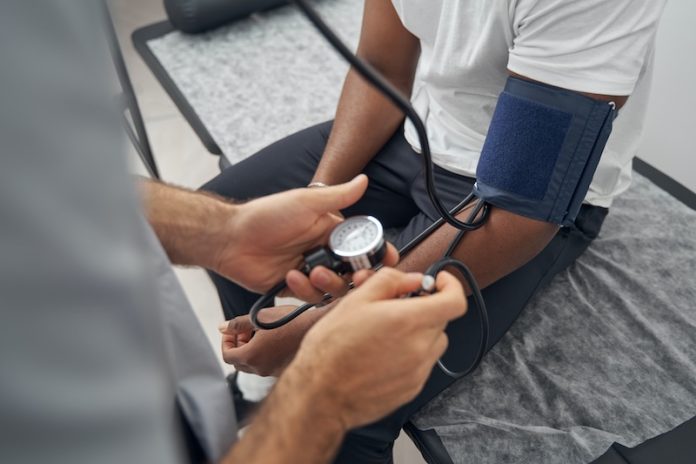
A recent study highlights the potential of an ultrasound device to help control high blood pressure, a condition affecting a significant portion of the population.
The research, conducted by Ajay Kirtane and colleagues from Columbia University, centered on a device used in a procedure called ultrasound renal denervation. The device targets overactive nerves in the renal artery, contributing to high blood pressure.
Data were gathered from three studies involving over 500 middle-aged patients with varying degrees of high blood pressure and medication use.
The ultrasound therapy consistently reduced daytime ambulatory blood pressure by an average of 8.5 points. Twice as many patients who received the therapy achieved their target daytime blood pressure compared to those in control groups.
Improvements in blood pressure were observed as soon as one month after the procedure.
Approximately one-third of patients with high blood pressure cannot control it through lifestyle changes and medications alone. Prolonged uncontrolled blood pressure can lead to serious health issues like heart attacks, strokes, heart failure, and irreversible kidney damage.
The ultrasound treatment is expected to complement medication therapy and lifestyle changes for those with uncontrolled high blood pressure.
Current Status and Future Applications
FDA Approval: The device is still in the testing phase and has not yet been approved by the FDA for use outside clinical trials.
Potential Use: Once available, renal ultrasound could be offered to patients struggling to control blood pressure with lifestyle modifications and drug therapy.
This study provides promising evidence for the use of ultrasound renal denervation in managing high blood pressure, particularly for patients who have not found success with conventional treatments.
It represents a significant advancement in the ongoing effort to combat hypertension and its associated health risks. The study’s publication in JAMA Cardiology further underscores its importance in the field of cardiovascular health.
If you care about high blood pressure, please read studies about unhealthy habits that may increase high blood pressure risk, and drinking green tea could help lower blood pressure.
For more information about high blood pressure, please see recent studies about what to eat or to avoid for high blood pressure, and 12 foods that lower blood pressure.
Copyright © 2023 Knowridge Science Report. All rights reserved.



